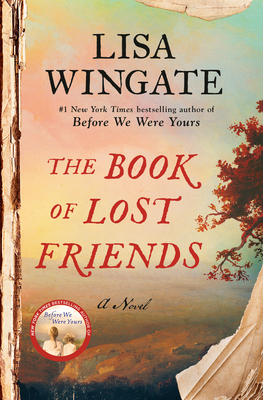TL;DR
George Orwell's 'Animal Farm' is a satirical novella that uses a group of farm animals to allegorize the rise of the Soviet Union and the perils of totalitarianism.
What is Animal Farm about
'Animal Farm' by George Orwell is a political allegory that uses farm animals to represent the events leading up to the Russian Revolution of 1917 and the early years of the Soviet Union. The story begins with the animals of Manor Farm, led by the pigs Snowball and Napoleon, revolting against their oppressive human owner, Mr. Jones. They establish a new government based on equality and Animalism. However, as time progresses, the pigs become increasingly corrupt and indistinguishable from the humans they overthrew. The novella critiques the corrupting influence of power and the betrayal of revolutionary ideals.
Animal Farm 5 Key Takeaways
The animals revolt against Mr. Jones.
The story starts with Old Major, an elderly pig, inspiring the animals to revolt against their human oppressor, Mr. Jones. After Old Major's death, pigs Snowball and Napoleon lead the animals in a successful rebellion, taking over the farm.
Establishment of Animalism.
The animals set up a new government based on the principles of Animalism, encapsulated in the Seven Commandments, which emphasize equality and the animals' collective power. They rename the farm Animal Farm.
Power struggle between Snowball and Napoleon.
Tensions rise between Snowball and Napoleon, culminating in Napoleon using force to oust Snowball and take control of the farm. Napoleon's rule becomes increasingly authoritarian.
The pigs' corruption.
Under Napoleon's leadership, the pigs gradually begin to adopt human behaviors and privileges. They revise the Seven Commandments to justify their actions, eventually altering the core tenet to 'All animals are equal, but some animals are more equal than others.'
Final transformation.
By the end of the novella, the pigs have become indistinguishable from humans, and the other animals realize they are as oppressed as they were under Mr. Jones. The story ends with a chilling scene where the animals can no longer tell the difference between pigs and humans.
Animal Farm Videos
Animal Farm - George Orwell - So You Haven't Read - YouTube
People also liked these summaries
Animal Farm Best Reviews
- 'Animal Farm remains our great satire on the darker face of modern history.' - Malcolm Bradbury, The Guardian
- 'A wise, compassionate, and illuminating fable for our times.' - The New York Times
- 'As lucid as glass and as biting as acid.' - The Observer
Top Animal Farm Quotes
- 'All animals are equal, but some animals are more equal than others.'
- 'The creatures outside looked from pig to man, and from man to pig, and from pig to man again; but already it was impossible to say which was which.'
Who should read Animal Farm?
'Animal Farm' is ideal for readers interested in political satire, allegory, and the study of power dynamics. It is often recommended for high school students, especially those studying 20th-century history and literature.
Animal Farm FAQs
What is the message of the book 'Animal Farm'?
The main themes are the desire for power and corrupt politics. Orwell shows how the quest for power leads to corruption, as seen in Napoleon's rise and the pigs' betrayal of Animalism.
Why was 'Animal Farm' a controversial book?
The book has been banned in various places for its critical stance on Stalinist communism. It was misunderstood as an attack on all forms of socialism, rather than a specific critique of Soviet totalitarianism.
What grade is 'Animal Farm' read?
'Animal Farm' is frequently taught in 9th and 10th grades, aligning with a Lexile measure of 1170L. It prepares students for more complex texts to be college and career-ready by the end of Grade 12.
